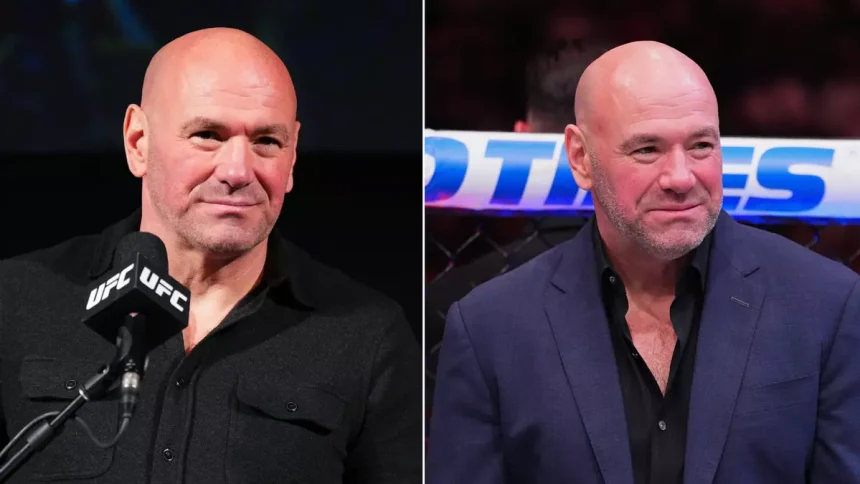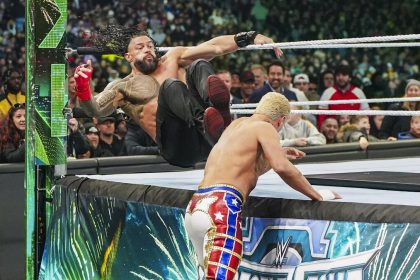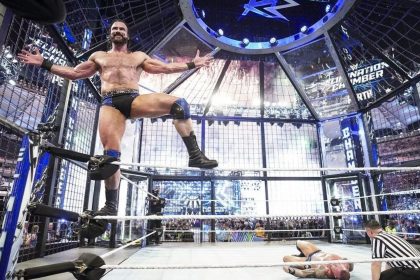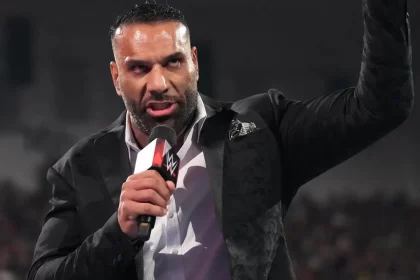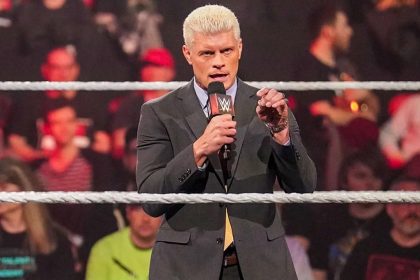If Dana White had never taken over the UFC and the McMahon family, led by Vince McMahon, had instead acquired the organization in 2001, it would have likely shaped the trajectory of MMA in a distinct manner.
Vince McMahon, renowned for transforming WWE into a global sports entertainment phenomenon, possesses a remarkable entrepreneurial acumen. Under McMahon’s leadership, the UFC might have experienced a trajectory similar to the WWE’s meteoric rise. McMahon’s business prowess could have potentially propelled the UFC into a prominent international sports brand, utilizing his experience in promoting athletic entertainment.
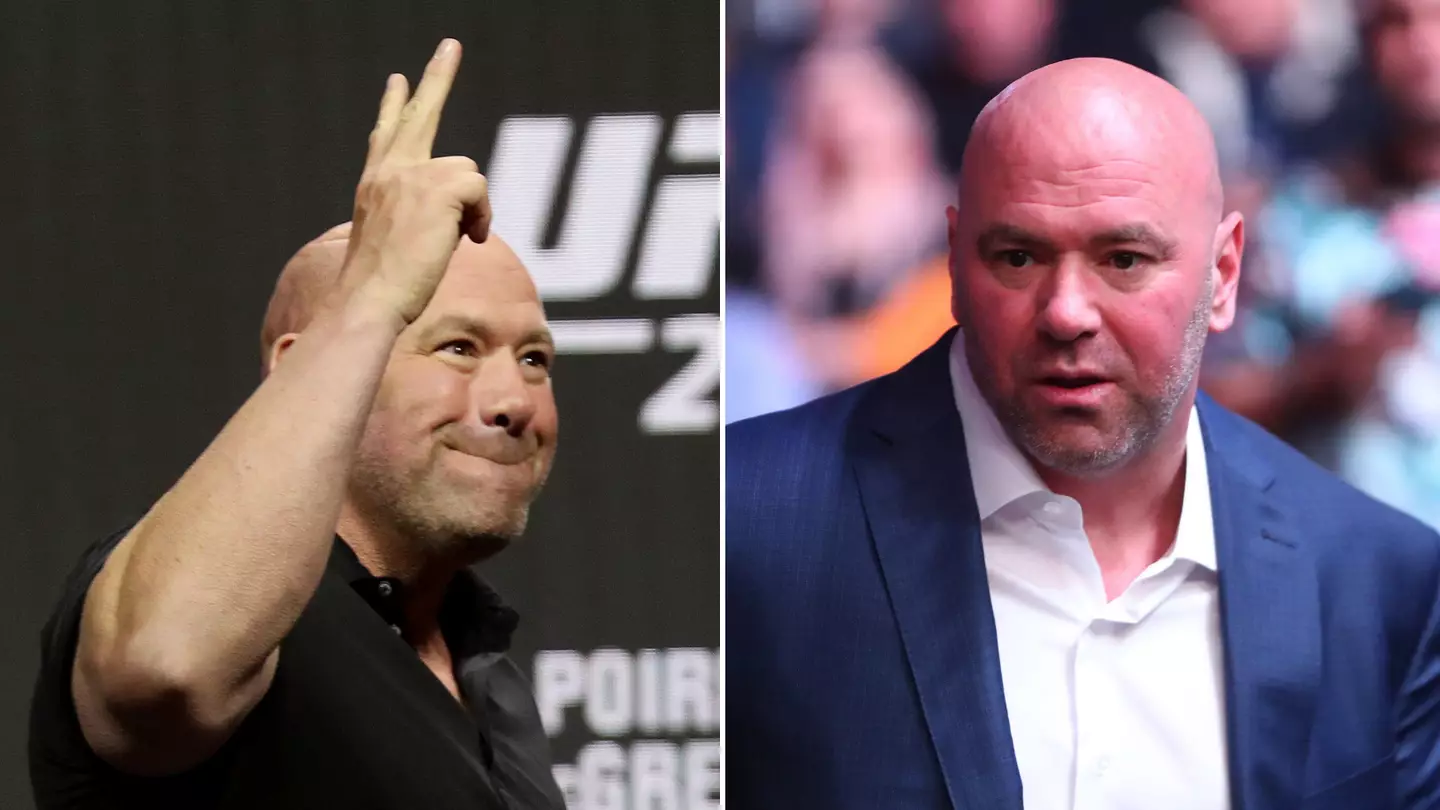
However, differences would likely have emerged in the UFC’s approach under McMahon’s ownership. Given McMahon’s historical inclination towards promoting larger athletes in professional wrestling, the UFC might have prioritized heavier-weight divisions.
This bias towards bigger fighters could have impacted the UFC’s divisional structure, potentially emphasizing heavyweight and light heavyweight divisions while deprioritizing or excluding lighter weight classes.
In the women’s MMA, a McMahon-led UFC might have emphasized divisions like featherweight and lightweight, aligning with the preferences observed in professional wrestling. This strategic approach could have altered the composition and diversity of UFC divisions compared to the current structure under Dana White’s leadership.
Furthermore, McMahon’s tenure might have also influenced the UFC’s business dealings and strategic partnerships. The Fertitta brothers’ shrewd investments and White’s aggressive promotional tactics contributed significantly to the UFC’s growth.

McMahon’s ownership could have introduced unique business strategies, possibly impacting how the UFC engaged with media, sponsors, and global markets.
Considering McMahon’s track record in sports entertainment, it’s conceivable that his stewardship would have yielded substantial financial gains, potentially culminating in a lucrative sale akin to the UFC’s acquisition by Endeavor in 2016.
Ultimately, the hypothetical scenario of McMahon owning the UFC underscores the multifaceted nature of MMA’s evolution and highlights the pivotal role of key individuals in shaping the sport’s trajectory. The divergent strategies and business approaches between McMahon and White underscore how different ownership could have resulted in a distinct UFC today.

